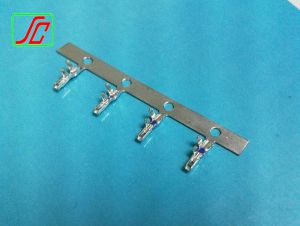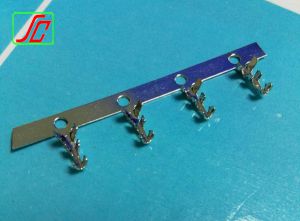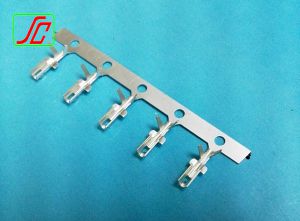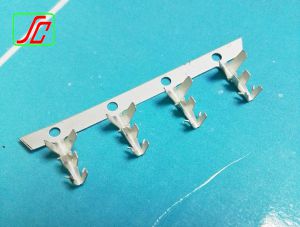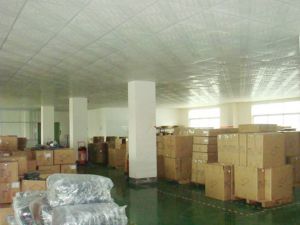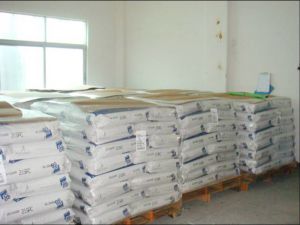The impact of the environment on the connector
The environmental performance of the connector during use includes temperature resistance, moisture resistance, salt spray resistance, vibration and shock.
When the salt spray resistant connector works in an environment containing moisture and salt, the metal structural parts and the surface treatment layer of the contact part may cause galvanic corrosion, which affects the physical and electrical performance of the connector. In order to assess the ability of electrical connectors to withstand this environment, a salt spray test is specified. It suspends the connector in a temperature-controlled test chamber and sprays it with compressed air at a specified concentration of sodium chloride solution to form a salt spray atmosphere. The exposure time is specified by the product specification for at least 48 hours.
Vibration and shock Resistance to vibration and shock is an important function of electrical connectors. It is especially important in special applications such as aerospace and aerospace, railway and road transportation. It is to verify the robustness of electrical connectors and reliable electrical contact. Important places for sex. There are clear regulations in the relevant test methods. Peak acceleration, duration, and shock pulse waveforms, as well as the time of power continuity interruption, should be specified in the impact test.
Other environmental performance According to the use requirements, other environmental performance of the electrical connector is also sealed (air leakage, liquid pressure), liquid impregnation (resistance to specific liquids), low air pressure, and the like.
The maximum temperature of the current temperature connector is 200 ° C (except for a few high temperature special connectors), the lowest temperature is -65 ° C. Since the current generates heat at the contact point when the connector is in operation, resulting in a temperature rise, it is generally considered that the operating temperature should be equal to the sum of the ambient temperature and the junction temperature rise. In some specifications, the maximum temperature rise allowed by the connector at rated operating current is specified.
Intrusion of moisture-resistant moisture can affect the insulation performance of the connection h and corrode metal parts. Constant damp heat test conditions are relative humidity of 90% to 95% (up to 98% according to product specifications), temperature +40 ± 20 ° C, test time according to product regulations, at least 96 hours. The alternating heat and humidity test is more stringent.
